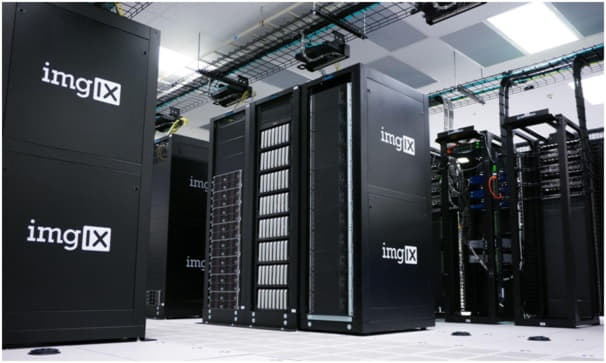Meta: Big data is useful for business, but the process of its collection and analysis can have some drawbacks. Check out the article to see if big data addresses your needs.
The buzz around big data usage has been present for several years already. A lot of middle- and enterprise-level companies invest in gathering, storing, and analyzing data to obtain valuable insights and use them to meet business needs. These insights can play a decisive role in the business’s success. Big data can become a magic wand in the right hands.
However, as with any business-related activity, working with big data involves certain risks and drawbacks. It’s important to take them into account beforehand so they won’t come as a surprise later on. Besides, huge investments in data do not guarantee that the results you get will correspond with the ones you expected.
For you to make an informed decision, we listed the most prominent pros and cons of investing in big data.
Benefit #1: High-quality decision making
Optimizing the decision-making process in your company is one of the greatest advantages big data can provide. Analyzing all the information about your clients and presenting it in a concise and convenient way will reveal the behavioral patterns and give a clear vision of what your audience loves and hates. It will enable you to make decisions based not on theory but on solid facts.
If you have never worked with big data before but want to back up your decisions and get a competitive advantage, you may consider getting additional help from experienced specialists. Services like Grid Dynamics Holdings can help you set up the process and support your business.
Benefit #2: Optimizing budget
This benefit stems from the previous one. Optimized decision-making mixed with enhanced productivity, personalized customer experience, and increased efficiency can significantly reduce costs and boost profit. You can go even further and automate all these processes with the help of artificial intelligence and machine learning. This combination will save even more time and money.
Benefit #3: Fraud detection and security

Big data can be extremely helpful for detecting anomalies in a day-to-day routine. Industries like finances (banks, insurance companies, credit unions) and healthcare (hospital networks) will benefit from it the most. Integrating an AI/ML-based solution with big data implementation will provide additional security and easily detect unusual activity and notify the company about it.
Now, let’s take a look at the challenges you may face while working with big data.
Drawback #1: Data quality
To make sure that the decisions based on data insights are meaningful, the business should ensure that the data quality is high enough. Unfortunately, it’s not always the case. High-quality data requires a well-structured reporting system and an extreme level of accuracy. The insights will be useless or even harmful if the initial data is mediocre.
Drawback #2: Need for talents and hardware

Big data is not something that can be managed by an average developer. Talented and experienced data scientists can be hard to find and they are not going to be cheap to hire.
Besides, your company needs to have a high-level infrastructure to support big data. Without enough storage, network bandwidth, and security, all investments in data processing won’t pay off.
Drawback #3: Legal issues
This drawback is relevant to any data-related process. A lot of information that you collect will be considered personal, sensitive, or confidential. It means that you will have to follow all the legal regulations in order to store and process this data. You will have to ensure the maximum level of security so the information you glean will be used only by you and only in a rightful way.
Wrapping it up
The list of pros and cons can be continued further. However, the ones we’ve mentioned above are the most significant among others. Before implementing big data, you should prioritize this list and make an informed decision.


